Decrypting Swiss energy bills
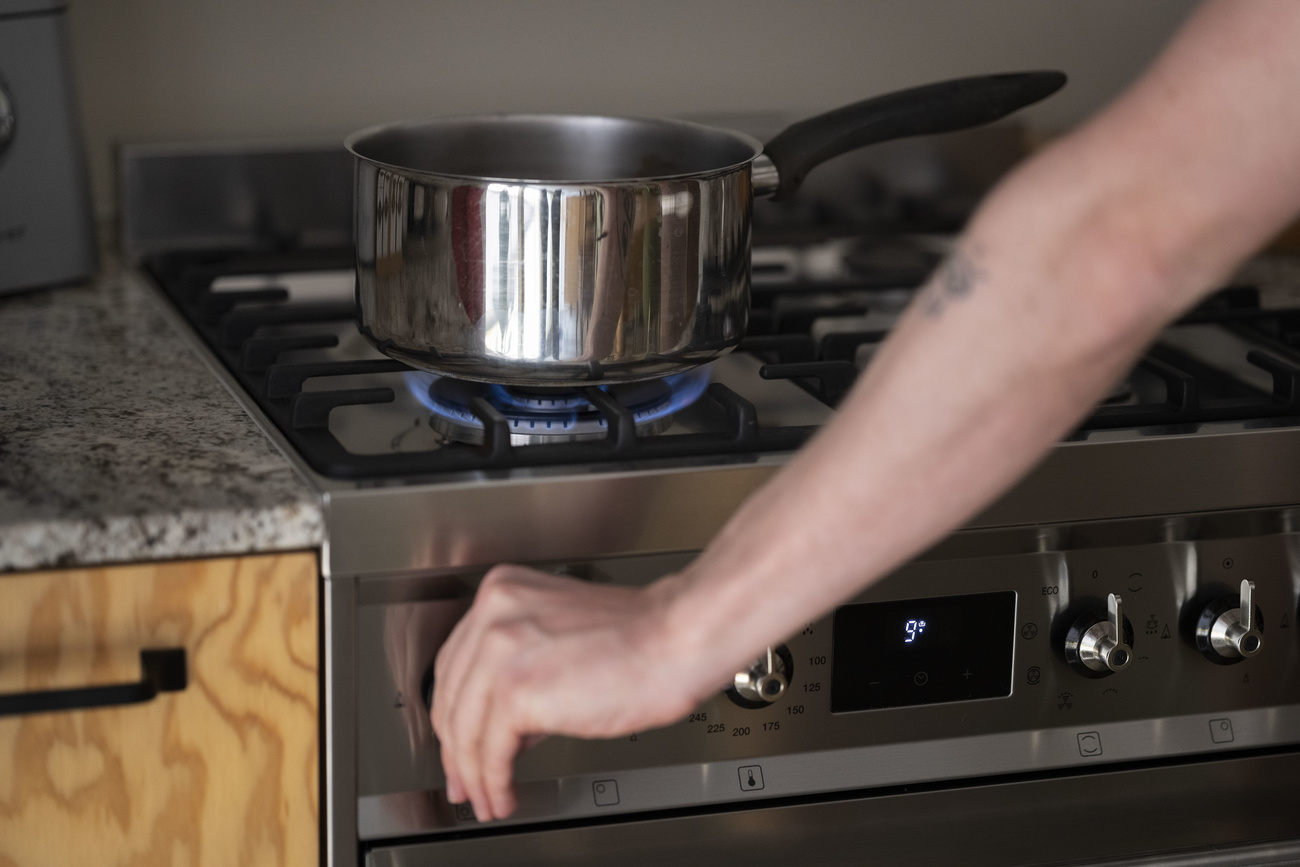
Until recently the increase of Swiss energy bills was slower than in most countries. This doesn’t mean part of the population does not feel the pain.
In Switzerland, as in most countries in the world, inflation and the exponential increase in the energy price are on everyone’s lips. Statistics show however that inflation of gas and electricity prices weigh less on households’ overall expenses than elsewhere. This has been highlighted by a recent study realised by Utility BidderExternal link, and circulated by the Swiss weekly HandelszeitungExternal link.
In this study, this British energy consultancy related the monthly utility bills of gas, electricity and water to the average wage in nearly 50 countries.
Utility Bidder reports using the following data sources for each country: World Data External link for average monthly wages and Numbeo External linkfor average monthly gas and water costs. To calculate the monthly cost of electricity, Utility Bidder multiplied the average price of a kilowatt hour (kWh), according to Global Petrol PricesExternal link, by the average electricity consumption per capita, according to the World BankExternal link, for each country.
The Swiss earn an average CHF6,200 ($6,500) per month, the highest monthly earnings in all the countries surveyed. Consequently, they spend the lowest proportion of their salary (5%) on utility bills of gas, electricity and water.
The Swiss Federal Statistical Office (FSO) has a different wayExternal link of calculating which proportion of the population’s overall budget is spent on energy expenses. Nevertheless, its findings point in the same direction. Every year the bureau looks at how households spend their monthly income. In 2019, the year for which the most recent data is available, households in Switzerland had average gross earnings of around CHF9,600 francs per month. Of this amount, only a small percentage (around 1.4%) was spent on energy and water.
In Utility Bidder’s study, Singapore comes second behind Switzerland; Ireland is third – in both these other countries, wages are equally among the highest, €4,000 (CHF4,117) and €4,800 respectively.
On the opposite side of the spectrum, Pakistan is the worst hit country when it comes to the impact of energy expenses on household budgets: the average income there stands at €93 a month, making the nation last in the survey’s ranking. Nearly two thirds of that amount are then spent on utility bills of gas, water and electricity. As highlighted by Utility Bidder, the new Pakistani government has recently had to increase energy prices. That was set as a condition for gaining access to an International Monetary Fund (IMF) aid package of $6 billion.
How expensive is Switzerland’s energy?
Generally speaking, Switzerland is seen as a one of the most expensive countries in the world when it comes to goods and services. Furthermore, in total costs, amounts spent on energy are high in comparison to many other countries. As shown in the report, the average expenses are of CHF194 francs (€185) a month for water and gas, and CHF130 (€124) for electricity. Together that represents slightly more than CHF320 francs (€310).
However, in international comparisons, Switzerland is not the worst off. It’s only ninth on the list. Iceland ranks first and leads the pack with monthly energy prices as high as €700. Utility Bidder’s study highlights that Iceland consumes a huge amount of energy, because of “its cold and dark winters” and that “most of its heavy industry relies on electricity”. Furthermore, the study points out that its power is generated nearly exclusively from renewable sources, such as hydro dams and geothermal plants, which comes with a hefty price tag.
Germany is the second most expensive country when it comes to energy (at €418 a month). It has the highest prices for gas. The reasons given for this by Utility Bidder are the increase in value of natural gas and carbon emission taxes.
Lower inflation compared to elsewhere
When looking at Switzerland, it is important to remember that average figures can hide very diverse realities. General conclusions of the study should therefore be handled with care. Nationwide there are dozens of companies which provide gas and electricity. They charge differently depending on their logistical infrastructure and the specificities of the towns they supply. The standard electricity tariffsExternal link can therefore vary greatly, for example CHF0.08/KWh in a village in canton Valais but CHF0.36/KWh in another village in canton Thurgau.
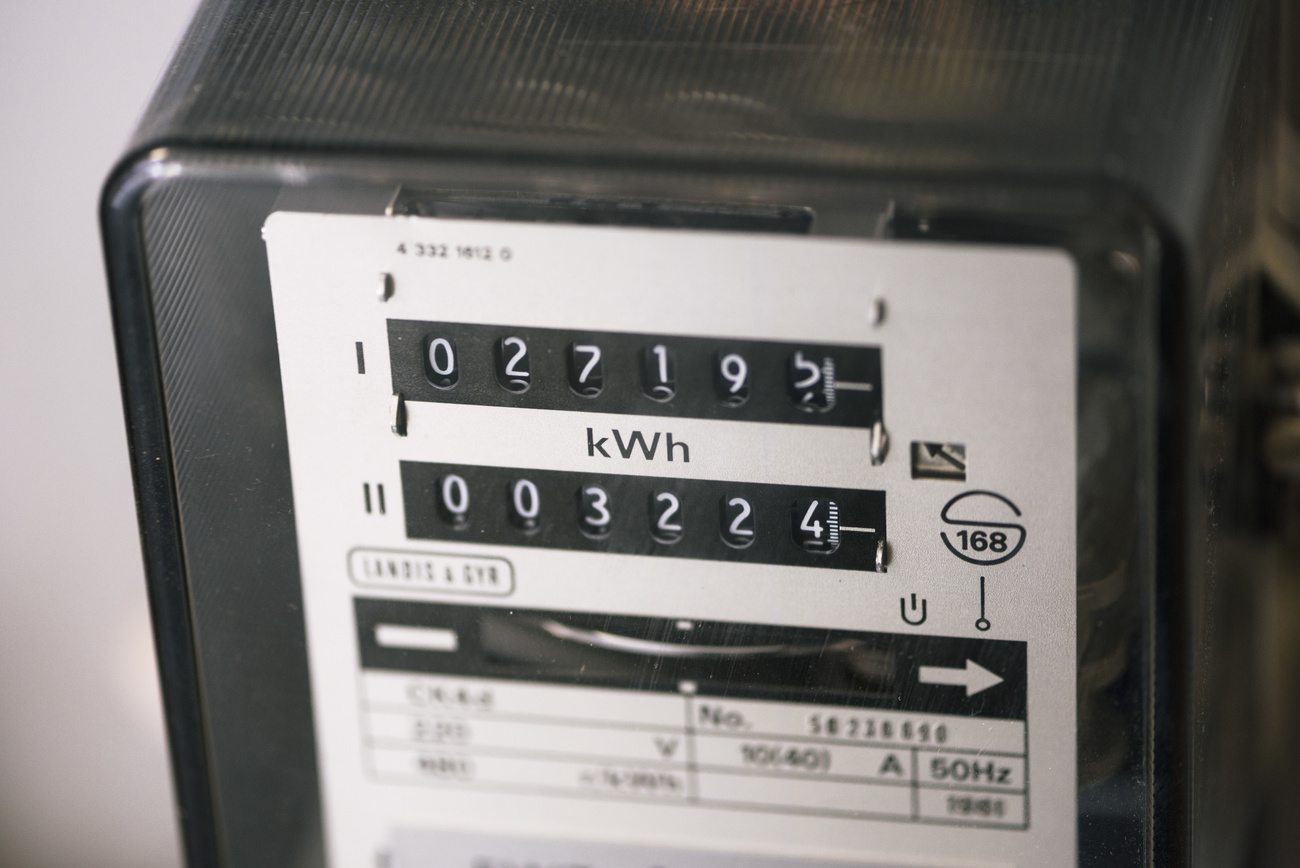
More
Swiss energy bills contained, but future crunch looms
Switzerland is not spared by inflation which affects most countries worldwide. This increase started some 18 months ago mainly due to expanding demand from the post-pandemic recovery and bad weather conditions. These factors are combined with limited availability of supply (in particular the decrease in exports of Russian and Norwegian gas) and has accelerated since the war in Ukraine.
Compared to December 2020, the price of electricity nationwide in Switzerland is on average 4% higher. Nonetheless, some places in Switzerland have already witnessed a far higher increase compared to last year (in some cases of up to 20%).
On June 2External link, the Federal Electricity Commission, which oversees the electricity sector, went further: it warned households and businesses to brace for much higher prices next year. The regulator said that most of the 172 utilities that had replied to a survey planned to raise tariffs by 47% on average in 2023.
The government also considers skyrocketing prices a possible scenario. In April, it considered creating a safety mechanism for energy companies which are of strategic importance.
In the last year and a half, the price of natural gas has increased on average by 37% in Switzerland. Fortunately, only a quarter of the households in Switzerland rely on gas for their heating (in Germany this figure stands at 50%). Still, higher prices affect some sectors of the population more than others. Recently, the utility providers of certain cities announced massive increases in tariffs: +34% in Geneva and +45% in Yverdon-les-Bains (located in Canton Vaud). Canton Jura is hit hardest, with increases of up to 100% in some places. Furthermore, 40% of Swiss households still rely on fuel oil for heating. That source of energy has seen its price increase twofold in the last year and a half.
In Switzerland the overall price of energy is nearly 30% higher compared to what it was in December 2020. This is still less compared to most European countries. The European Union’s statistics office, EurostatExternal link, indicates that on average the cost of energy has increased by 50% in the EU; in the Netherlands it is even more than twice what it was previously.
According to Stefan Meierhans, Switzerland’s price watchdog, inflation is lower in the alpine country mainly because of the strength of the Swiss franc. “This helps cushion the impact of increased prices of imported commodities,” he said in a recent interview with Swiss public television RTS.
Warnings on the horizon
“In comparison with our neighbours we are lucky (…), nevertheless the situation remains worrying, especially for those of us who have a low income,” Meierhans said. “This year will bring a lot of challenges: both financially and in price increases.”
The topic of how to support lower-income households cushion inflation is now being discussed in Switzerland. “The natural gas price hike causes those with lower income a lot of stress. Aid measures will have to be carefully targeted,” Sophie Michaud Gigon, a Green Party parliamentarian, told RTS. Gigon is also Secretary General of the Consumers’ Federation (FRC) in western Switzerland.
Some European countries have recently adopted a series of measuresExternal link to prevent the costs of energy from skyrocketing. These range from a reduction in VAT, the introduction of “energy cheques”, or the implementation of a cap on tariffs.
The Swiss government has set up a taskforce to monitor the situation and analyse potential consequences of measures, whether they are suggested by parliamentarians or have already been adopted in neighbouring countries. Initial results will probably be made public by the end of June. Still, Economics Minister Guy Parmelin believes that at this stage “it would be wrong for the State to intervene”. In an interview in May with RTSExternal link, he declared that he was in favour of “letting the normal economy operate”, but that the government could act “in very precise, well documented situations, where intervention is really needed”.
Translated from French by Johannes Waardenburg, edited by Virginie Mangin

In compliance with the JTI standards
More: SWI swissinfo.ch certified by the Journalism Trust Initiative








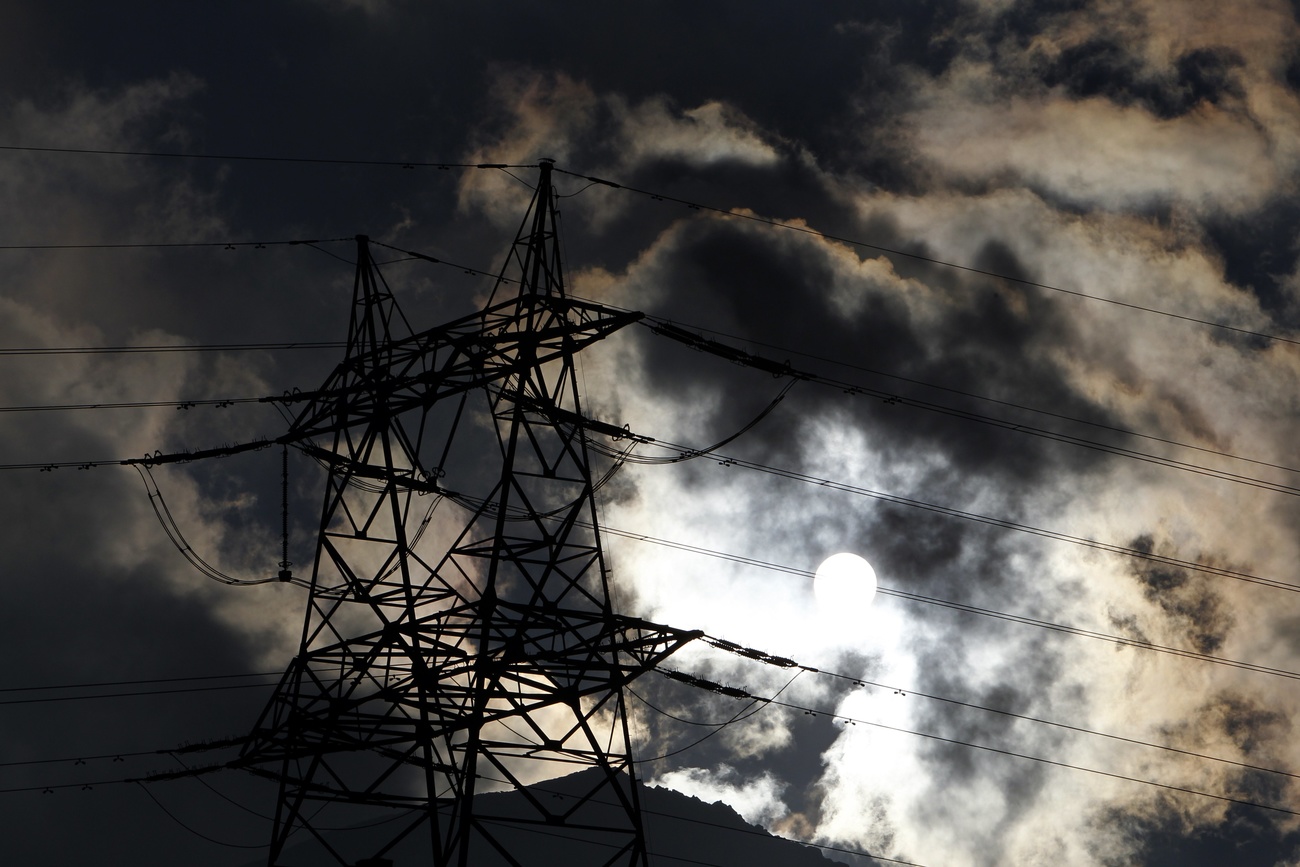

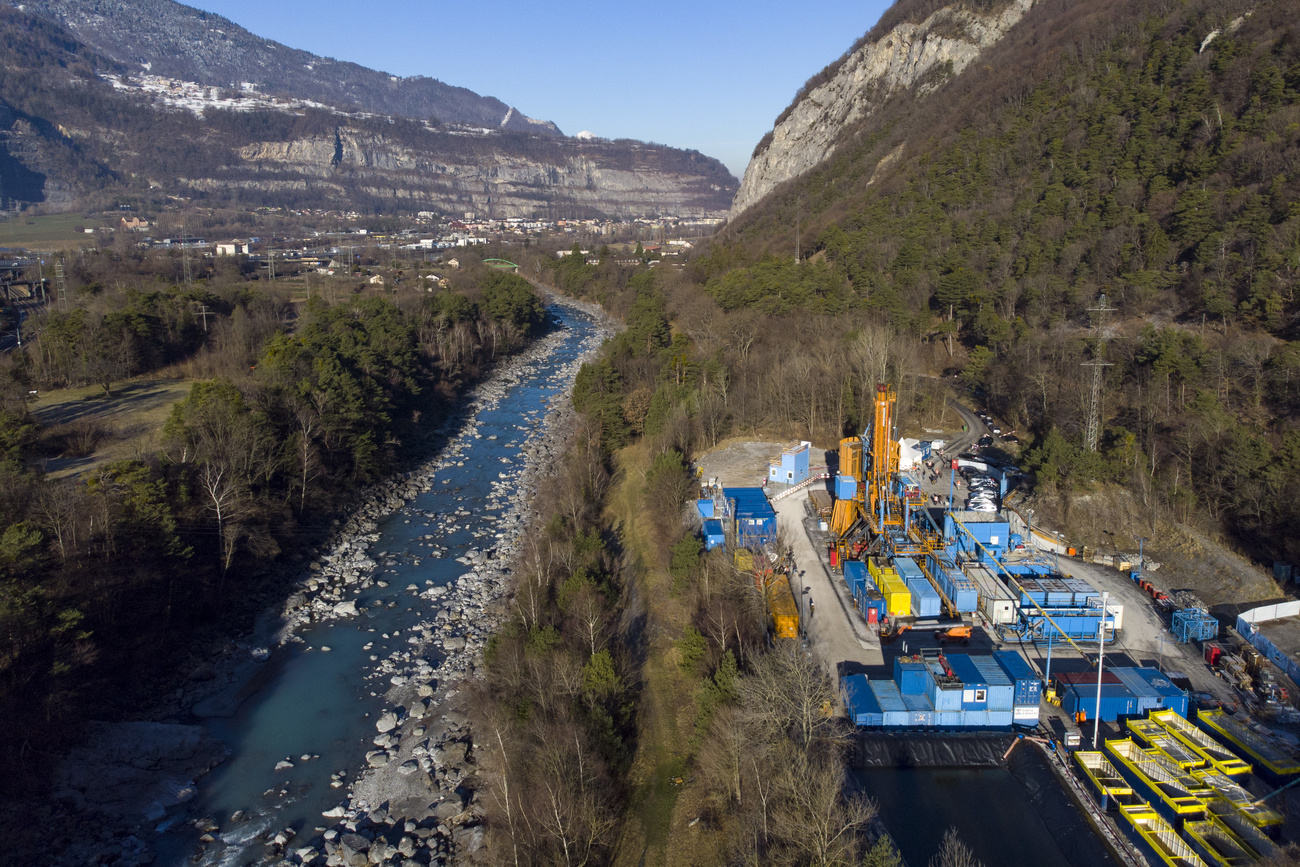
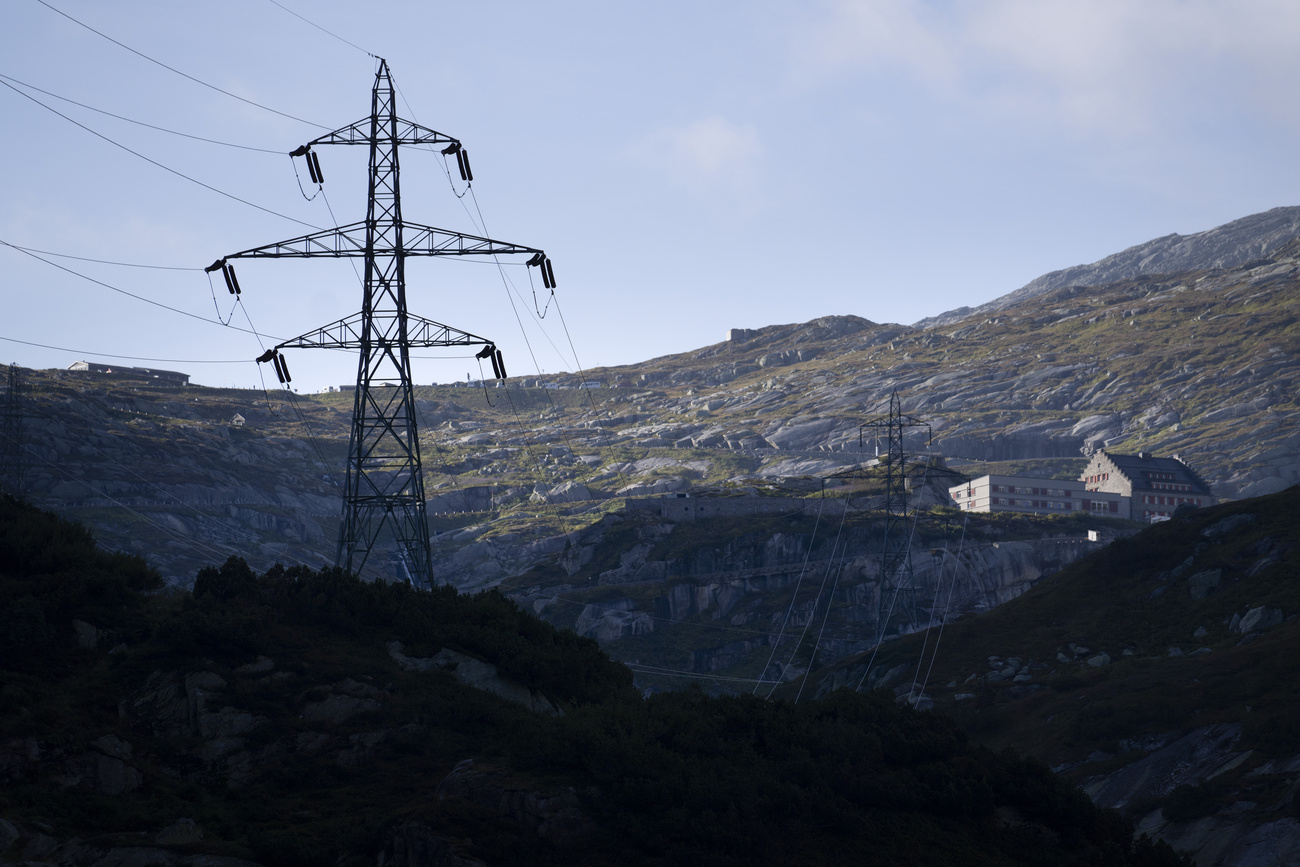
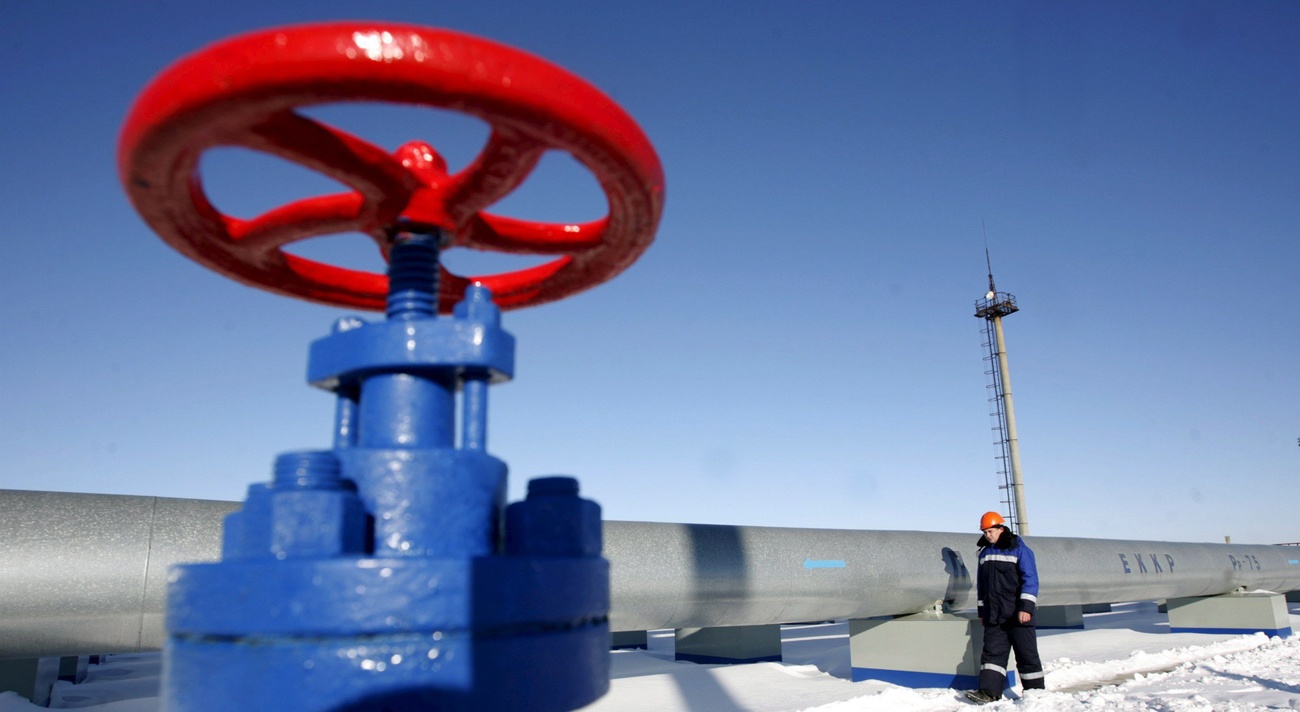

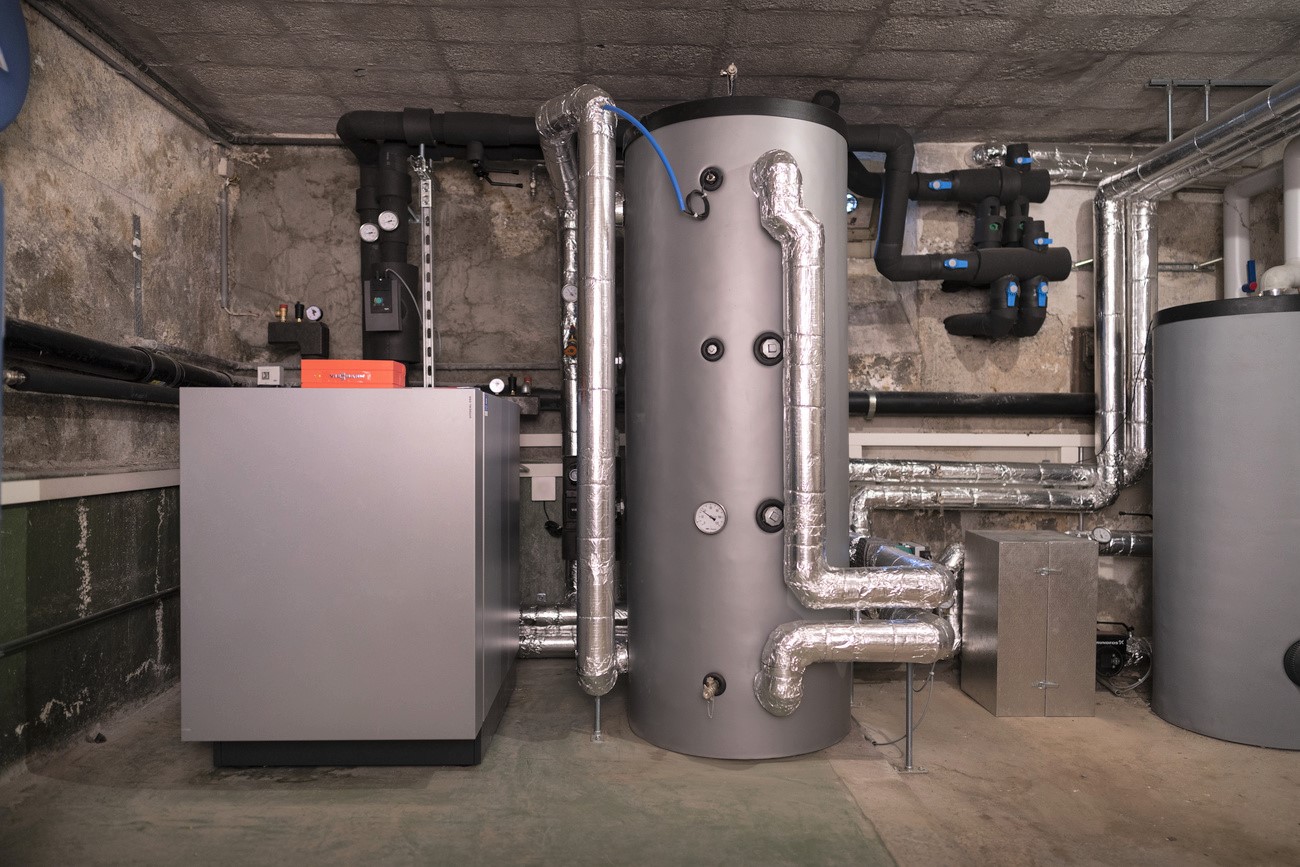
You can find an overview of ongoing debates with our journalists here . Please join us!
If you want to start a conversation about a topic raised in this article or want to report factual errors, email us at english@swissinfo.ch.